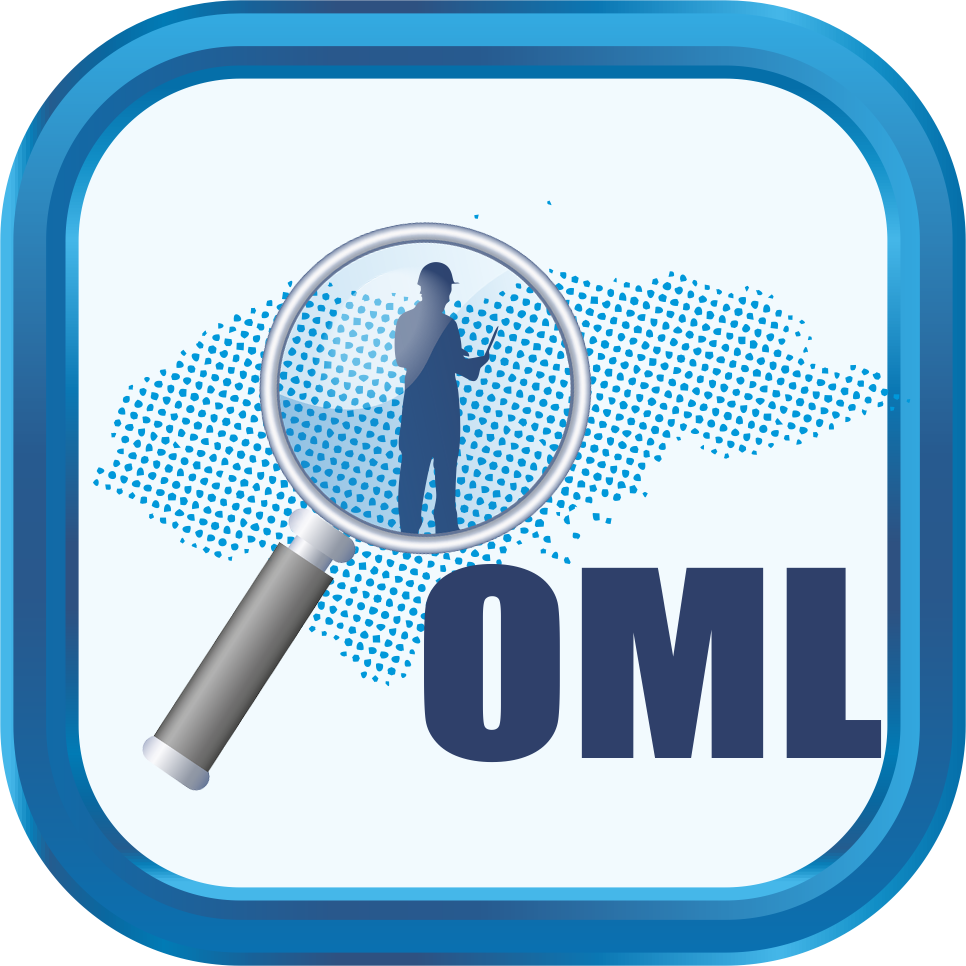Understanding the OML full form is essential for anyone diving into the world of oil and gas exploration in Nigeria. The acronym stands for "Oil Mining Lease," a legal document issued by the Nigerian government that grants companies the right to explore, drill, and produce hydrocarbons within a specified area. This lease is not only crucial for businesses but also plays a significant role in the economic development of the country. As you delve deeper into this article, you will uncover the intricacies of OML, its importance, and how it impacts the energy sector in Nigeria. Whether you're a student, professional, or simply curious, this guide is designed to provide you with comprehensive insights into the OML full form and its applications.
OMLs are pivotal in the Nigerian oil industry, as they define the legal boundaries and operational rights of companies operating in the sector. These leases are issued by the Department of Petroleum Resources (DPR), which ensures that all activities comply with environmental and safety regulations. Understanding the OML full form is not just about knowing the acronym; it’s about grasping the broader implications of oil mining leases on the economy, environment, and society. In the following sections, we will explore the history, significance, and current trends surrounding OMLs, as well as address common questions users might have.
With the global energy landscape shifting, the role of OMLs in Nigeria's oil and gas industry is becoming increasingly important. This article will break down the concept of OMLs, explain their significance, and highlight the benefits and challenges associated with them. Whether you're a beginner or an expert, this guide aims to provide valuable insights into the OML full form and its relevance in today's world. Let's dive in and uncover the details that make OMLs a cornerstone of Nigeria's energy sector.
Read also:Jay Hayden A Rising Star In The Entertainment Industry
Table of Contents
- What is the OML Full Form?
- History of OMLs in Nigeria
- How Does an OML Work?
- Why is OML Important?
- Who Can Apply for an OML?
- How Long Does an OML Last?
- What Are the Benefits of an OML?
- Challenges Faced by OML Holders
- How to Apply for an OML?
- Can OMLs Be Renewed?
What is the OML Full Form?
The OML full form is "Oil Mining Lease," a term that refers to the legal authorization granted to companies for oil exploration and production in Nigeria. This lease is a critical component of the country's petroleum industry, as it defines the rights and obligations of companies operating in designated areas. An OML provides the holder with exclusive rights to explore, drill, and produce hydrocarbons within a specific geographical boundary. These leases are regulated by the Nigerian government through the Department of Petroleum Resources (DPR), ensuring compliance with environmental, safety, and operational standards.
History of OMLs in Nigeria
The concept of OMLs dates back to the early days of Nigeria's oil exploration efforts. Initially introduced to manage the country's vast oil resources, OMLs have evolved over the years to accommodate changes in technology, regulations, and industry practices. The first OMLs were awarded in the 1950s, marking the beginning of Nigeria's journey as a major player in the global oil market. Over time, the government has refined the process of issuing and managing these leases to maximize economic benefits while minimizing environmental impacts.
How Does an OML Work?
An OML functions as a contractual agreement between the Nigerian government and oil companies. It outlines the terms and conditions under which the company can operate within the leased area. This includes details about the duration of the lease, production targets, royalties, and compliance requirements. Companies holding OMLs are required to adhere to strict regulations to ensure the sustainable use of resources and protection of the environment. By understanding how an OML works, stakeholders can better appreciate its role in driving economic growth and environmental stewardship.
Why is OML Important?
The importance of OML cannot be overstated, especially in the context of Nigeria's oil-dependent economy. OMLs contribute significantly to the country's GDP by facilitating the exploration and production of crude oil. They also generate substantial revenue through royalties and taxes, which are reinvested in infrastructure, healthcare, and education. Furthermore, OMLs play a vital role in attracting foreign investment, creating jobs, and fostering technological advancements in the oil and gas sector. Understanding the significance of OMLs is crucial for anyone interested in the energy industry.
Who Can Apply for an OML?
One of the most common questions is, "Who can apply for an OML?" In Nigeria, both local and international companies can apply for an OML, provided they meet certain criteria. These criteria include financial capability, technical expertise, and compliance with regulatory requirements. The application process involves submitting detailed proposals outlining the company's plans for exploration, production, and environmental management. Once approved, the company is granted the OML, allowing it to commence operations within the specified area.
How Long Does an OML Last?
Another frequently asked question is, "How long does an OML last?" Typically, an OML is valid for a period of 20 years, during which the holder can explore and produce oil. However, the lease can be extended under certain conditions, such as the discovery of commercially viable reserves. The renewal process involves a thorough evaluation of the company's performance, compliance with regulations, and contribution to the local economy. Understanding the duration and renewal options of OMLs is essential for companies planning long-term investments in the oil and gas sector.
Read also:Tyler James Williams Father Unveiling The Life And Legacy Behind The Scenes
What Are the Benefits of an OML?
The benefits of an OML extend beyond financial gains. For companies, holding an OML provides exclusive rights to explore and produce oil in a designated area, ensuring a steady supply of resources. For the government, OMLs generate significant revenue through royalties, taxes, and licensing fees. Additionally, OMLs contribute to job creation, technology transfer, and capacity building in the local communities. By highlighting these benefits, stakeholders can better appreciate the value of OMLs in driving economic development and social progress.
Challenges Faced by OML Holders
Despite the numerous advantages, OML holders face several challenges. These include environmental concerns, regulatory compliance, and security issues. Companies operating under OMLs must adhere to strict environmental standards to minimize the impact of their activities on local ecosystems. They are also required to comply with numerous regulations governing safety, health, and operational practices. Addressing these challenges requires a proactive approach, involving collaboration between the government, industry players, and local communities.
How to Apply for an OML?
For companies interested in obtaining an OML, the application process involves several steps. First, they must submit a detailed proposal outlining their plans for exploration and production. This proposal should include technical, financial, and environmental aspects of the project. Once the proposal is reviewed and approved by the Department of Petroleum Resources (DPR), the company can proceed with the payment of fees and signing of the lease agreement. Understanding the application process is crucial for companies seeking to secure an OML and commence operations in Nigeria.
Can OMLs Be Renewed?
Finally, many stakeholders ask, "Can OMLs be renewed?" The answer is yes, but the renewal process depends on several factors, including the company's performance, compliance with regulations, and the availability of commercially viable reserves. Companies seeking to renew their OMLs must demonstrate their commitment to sustainable development and environmental protection. By addressing these requirements, companies can secure the renewal of their OMLs, ensuring continued operations and contributions to the economy.
In conclusion, understanding the OML full form and its implications is essential for anyone involved in the oil and gas industry in Nigeria. From its history and significance to the challenges and opportunities it presents, OMLs play a critical role in shaping the country's energy landscape. By exploring these aspects in detail, this article aims to provide valuable insights and answers to common questions, helping stakeholders make informed decisions and contribute to the growth of the industry.


